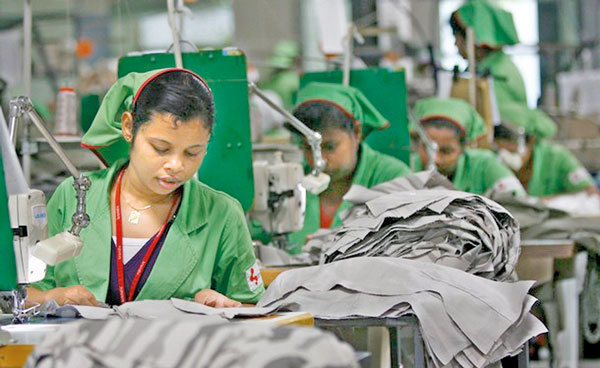10 Jul 2013 - {{hitsCtrl.values.hits}}
.jpg) The European Union’s (EU) Generalised System of Tariff Preferences (GSP) is a scheme where the EU grants developing countries such as Sri Lanka duty free or preferential duty access to the EU market for a selected number of products.
The European Union’s (EU) Generalised System of Tariff Preferences (GSP) is a scheme where the EU grants developing countries such as Sri Lanka duty free or preferential duty access to the EU market for a selected number of products.
.jpg)
.jpg)
26 Nov 2024 37 minute ago
26 Nov 2024 1 hours ago
26 Nov 2024 1 hours ago
26 Nov 2024 2 hours ago
26 Nov 2024 3 hours ago